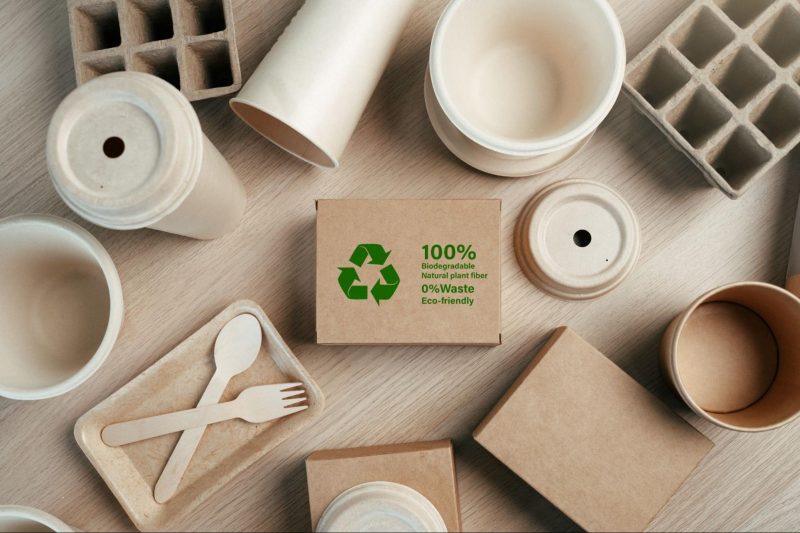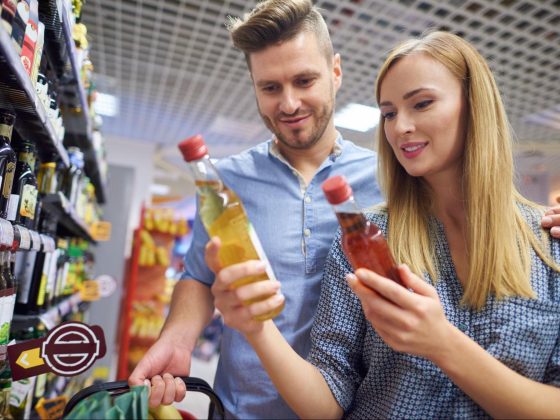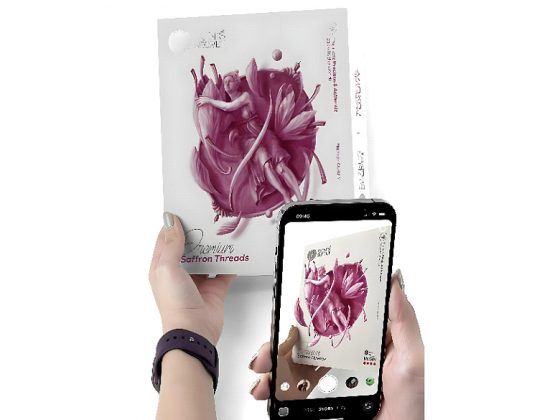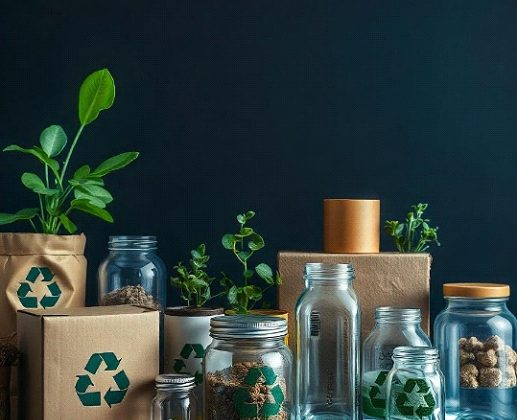Sustainability Beyond The Shelf: The Role of Biodegradable Packaging in FMCG Supply Chains
By Akshata Shailendra Singh
In today’s consumer landscape, packaging has become more than just a protective layer for products—it reflects a brand’s commitment to sustainability and environmental responsibility. As awareness of the ecological impact of waste increases, businesses are embracing more eco-friendly practices, with biodegradable packaging emerging as an essential solution. This innovation goes beyond traditional recycling efforts, offering a faster, more effective way to manage waste. Driven by consumer demand and regulatory pressure, biodegradable packaging is quickly becoming essential in building more sustainable supply chains.
Biodegradable packaging is made from natural materials like corn starch, sugarcane, or other plant-based resources that break down into natural elements under specific conditions. Unlike conventional plastic, which can take hundreds of years to decompose, biodegradable packaging disintegrates within months, leaving minimal or no harmful residue. With over 300 million tons of plastic waste produced globally every year and only 9% of it recycled, this innovation holds the potential to transform how companies manage waste throughout the supply chain.











